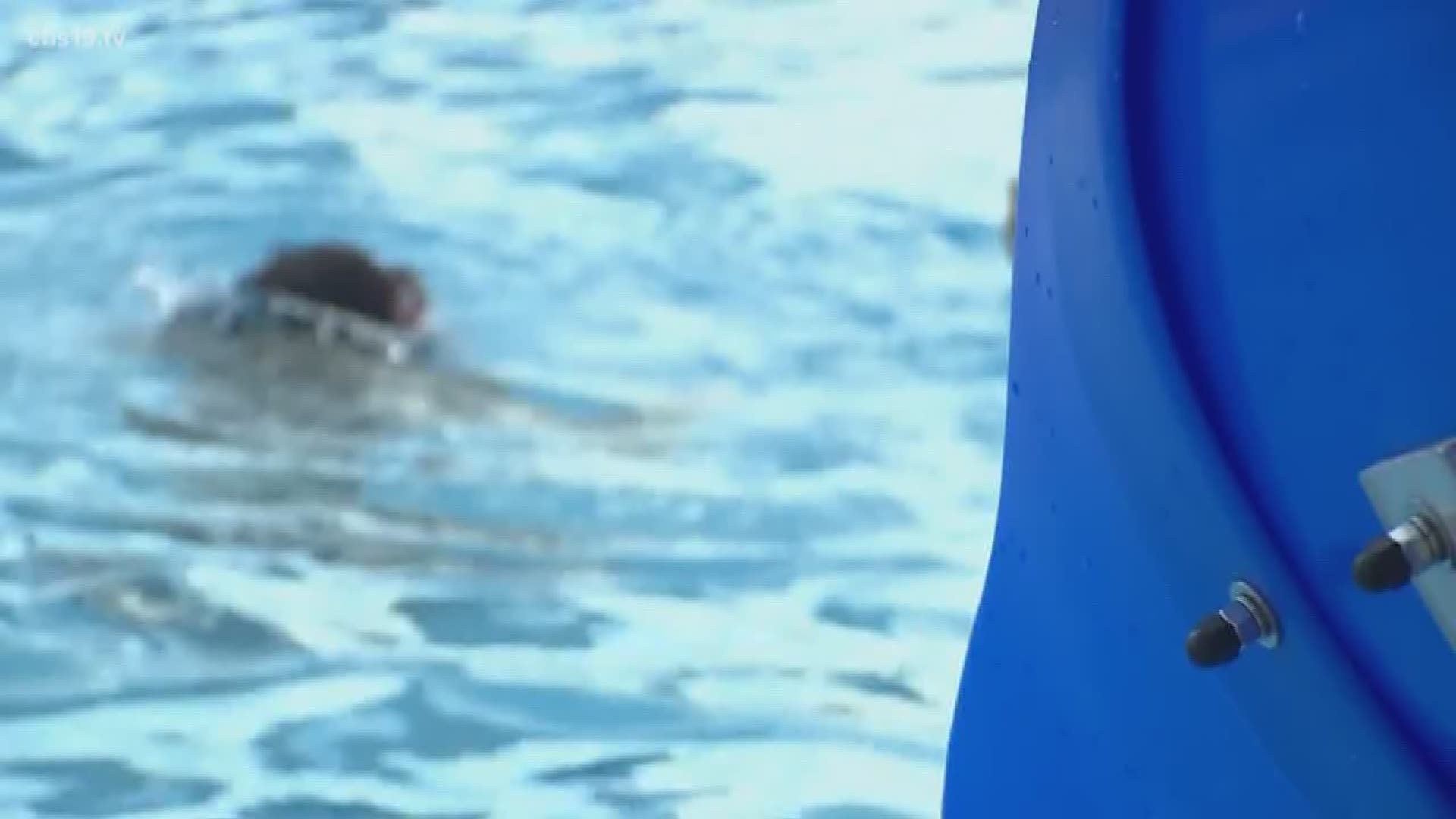TYLER, Texas — People all over the country are beating the heat by staying cool at the pool.
However, it could come with some consequences.
Cryptosporidium outbreaks linked to swimming have doubled since 2014, according to the Centers for Disease Control and Prevention.
Cryptosporidium or "Crypto" is is a microscopic parasite that causes the diarrheal disease cryptosporidiosis. It is commonly found in swimming pools, fountains, and lakes. They can live outside of the water up to 10 days, even survive the chlorinated water.
Dr. My-Huyen Mary Tran at the University of Texas Health Science Center at Tyler says while it is not common in East Texas, now that its summertime, exposure is possible.
Symptoms include:
- Watery diarrhea
- Stomach cramps or pain
- Nausea
- Fever
- Vomiting
- Weight loss
Symptoms of cryptosporidiosis generally begin two to 10 days (average seven days) after becoming infected with the parasite.
Children, pregnant women and the elderly are more prone to infection.
Dr. Tran says to minimize the threat of infection, make sure you shower as soon as you can after exiting the water. If you are already feeling ill and have diarrhea, do not go swimming in a public pool.
"Hand washing is still very important," said Dr. Tran. "Rinse off and bathe immediately after swimming or partaking in the outdoor water activity."
David Guerra with Trinity Valley Pools says cleaning your pool once a week is important to prevent the bacteria.
"When it comes to going out to the lake, you wanna be able to clean your toys, swim trunks, anything that's getting in contact with lake water, because if you don't and if you take those and then jump into your pool, you're going to end up affecting your pool," Guerra said.

